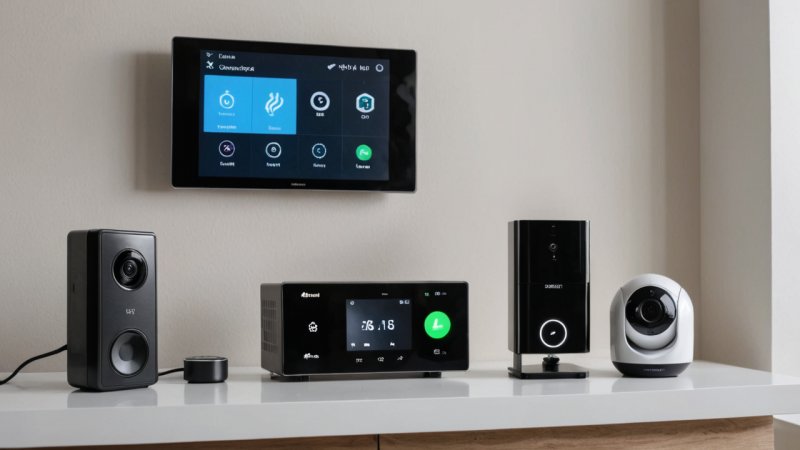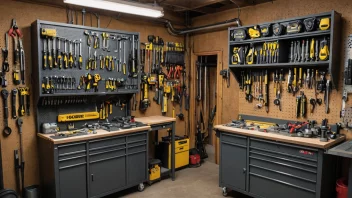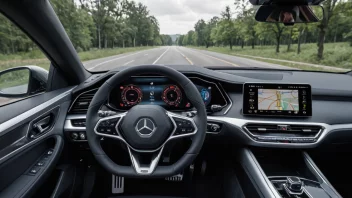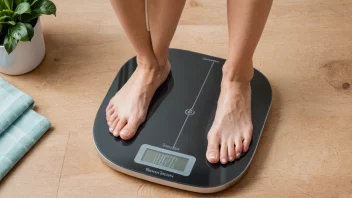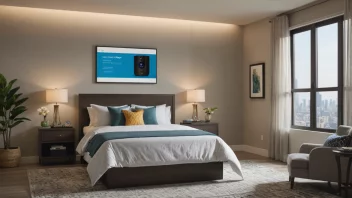In today's rapidly advancing technological landscape, the way we control and interact with our homes is evolving. Smart home devices offer innovative solutions that enhance convenience, security, and energy efficiency, while traditional home automation systems provide a more classic approach that many homeowners still prefer. This article will compare smart home devices with traditional home automation systems, exploring their features, advantages, disadvantages, and which may be the right choice for your lifestyle.
Understanding Smart Home Devices
Smart home devices encompass a range of gadgets that connect to Wi-Fi and can be controlled remotely via smartphones or voice-activated assistants. These devices include smart thermostats, smart lighting, security cameras, and home assistants like Amazon Echo and Google Home.
Pros of Smart Home Devices
- Convenience: Control your devices from anywhere using your smartphone or voice commands.
- Integration: Many smart devices work together seamlessly, allowing you to create a fully automated home ecosystem.
- Energy Efficiency: Smart thermostats and lighting can significantly reduce energy consumption, helping you save on utility bills.
- Security: Remote monitoring features and alerts enhance home security and provide peace of mind.
Cons of Smart Home Devices
- Dependence on Wi-Fi: Smart devices require a stable internet connection; outages can render them unusable.
- Privacy Concerns: Some users worry about data security and the potential for hacking.
- Initial Cost: High-quality smart devices can be expensive, and setting up a comprehensive system may require significant investment.
Exploring Traditional Home Automation
Traditional home automation typically involves hardwired systems that control various functions within the home, such as lighting, heating, and security. These systems are often installed during construction or major renovations and can be customized to fit the homeowner's preferences.
Pros of Traditional Home Automation
- Reliability: Hardwired systems are generally more stable and less prone to connectivity issues than their wireless counterparts.
- Customizability: You can tailor the system to fit your specific needs and preferences, often integrating with existing systems.
- Value Addition: A well-installed automation system can increase the value of your home.
Cons of Traditional Home Automation
- Costly Installation: The initial setup can be expensive and may require professional installation.
- Lack of Flexibility: Once installed, making changes or upgrades can be cumbersome and costly.
- Limited Remote Access: Many traditional systems do not offer remote monitoring or control options.
Comparing Key Features
| Feature | Smart Home Devices | Traditional Home Automation |
|---|---|---|
| Installation | Easy and often DIY | Professional installation required |
| Control | Remote via smartphone or voice | Local control, limited remote options |
| Integration | Works with multiple devices | Customizable but often standalone |
| Cost | Varies; potential for lower long-term costs | High initial costs; potential for increased home value |
Which is Right for You?
Choosing between smart home devices and traditional home automation depends on your lifestyle, budget, and preferences. If you value convenience, flexibility, and modern technology, smart home devices may be the way to go. They offer an easy-to-use interface, seamless integration, and the ability to control your home from virtually anywhere.
On the other hand, if you prefer a more stable, reliable system that can be tailored to your unique needs, traditional home automation might be a better fit. While the initial costs can be higher, the long-term benefits of a customized, hardwired system may outweigh the drawbacks.
Conclusion
In conclusion, both smart home devices and traditional home automation systems have their pros and cons, and the best choice depends on your individual circumstances. Evaluate your needs, consider the initial investment versus long-term benefits, and decide which technology aligns with your lifestyle. Whether you opt for the convenience of smart devices or the reliability of traditional systems, embracing home automation can enhance your daily life and make your home a more comfortable and efficient place.
